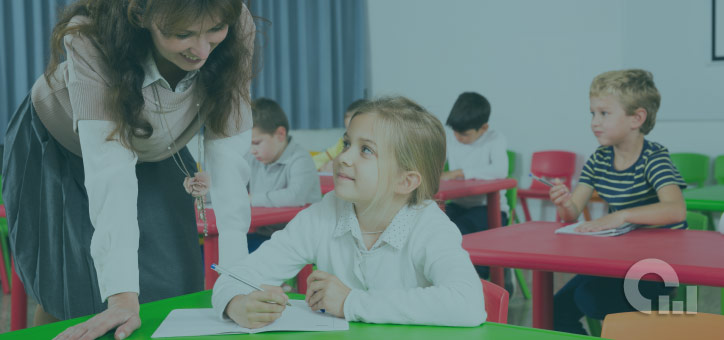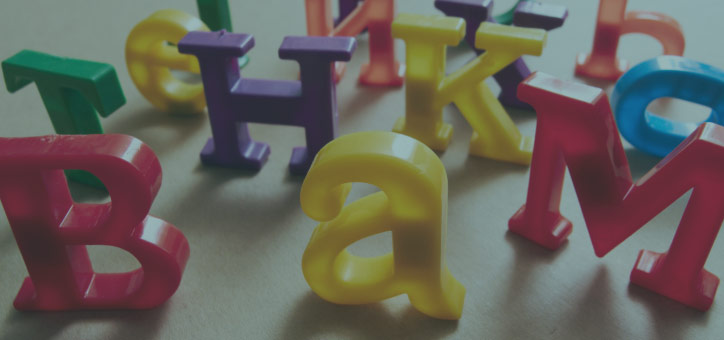Tests, tests, dreaded tests. From preschool to university to obtaining a driver’s license, assessments mark milestones and help people prove their worth. Some people critique assessments as an arbitrary measurement; something that tests short-term memory, not knowledge.
But research has shown that assessments, when created correctly, can prove helpful to every student and teacher. Here’s why.
Imagine being an early childhood education teacher; you may already be one. Now, let’s say you have 25 students. You may know all of their names. You may even know some of their strengths and weaknesses, but do you know exactly how each student is doing? Do you know how much information each student is retaining? Probably not. That is one of the principal reasons why assessments are ubiquitous across schools, workplaces, and the public sphere. But there are more reasons why assessments are important.
What Are the Three Purposes of Assessment in Childhood Education?

Assessments act as one of the best available check-ins that a teacher has, especially since students in early education aren’t always upfront about their struggles. Who wants to admit that they don’t understand the meaning of a word? Who wants to interrupt a class to tell a teacher that they’re confused?
Unfortunately, classroom environments often discourage this behavior. With assessments, though, the status of young children becomes clear. An assessment clearly analyzes whether children are learning.
Assessments can also be a means by which students gain confidence. How great does it feel to ace a test for which you’ve been studying for weeks? In sports, we love to score a goal or shoot a three-pointer. But in school, we love to walk home with that A grade.
Assessments are a means of confidence, pride, and friendly competition. Moreover, they’re a reward system that keeps students focused on their schooling. If it weren’t for mile markers like assessments, how would we know how we’re faring in school?
But assessments don’t only test students. No, it does a whole lot more. Look at it this way. How would Einstein perform as a student if his teacher weren’t attentive to his needs? Would he have still become a Nobel Prize-winning physicist and perhaps the smartest person in the past few generations? The verdict is out, but probably not. It’s unlikely that each of Einstein’s teachers was an expert in the field, but they were probably at least well in tune with their students’ needs. This leads us to the next matter at hand–assessing teachers.
How and Why Do We Assess Teachers?

Look at it this way. Two first-grade history teachers administer the same exam. In one class, the students score an average grade of an A. In the other class, however, the students get an average grade of a C. As we’ve said, the test is equal, and there are no significant differences between the students’ abilities in the two first-grade classes. So what does the discrepancy indicate? Probably that one of the teachers isn’t doing so well.
So, assessments are at least a two-way street. Even if the discrepancy between two different grades isn’t so large, assessments can find gaps in a teacher’s lessons. For example, if every student gets the same answer wrong, it’s probably because teachers didn’t provide the necessary lessons and study materials for the students to succeed. Assessments can reflect beyond a teacher, too. What if the subject lead or principal never provided teachers with the lesson plans and materials that they need? In that case, a gap in test scores can point to issues with the school itself.
Final Thoughts on Assessment in Early Childhood Education

As you can see, assessments don’t only look at students but at school districts and teachers, too. And in some meta sense, assessments also examine the efficacy of our education system and its role in the education of young children. Are subject leads paying attention to the latest theories, research, and trends in education? There are dozens of curricula for early childhood programs; assessments may prove just which one is the strongest.
Just as assessments govern our academic and professional lives, they also play a critical role in the education of young children. As far as we know, there are no early childhood programs with no form of assessments at all. They’re one of the best ways to gauge how children learn and whether children learn, especially when one is trying to gauge the progress of students in a large group. Thanks to assessments, parents, schools, and teachers can fully grasp the education that young children receive.





